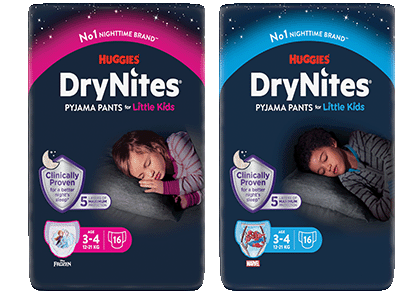
Get your free sample
The good news is there are lots of things you can do to work out why it’s happening and make it stop.
Understanding bedwetting regression
Bedwetting regression is most commonly known as secondary wetting, or sometimes “sudden onset wetting”. This refers to when children begin to have night-time wetting after at least 6 months of dry nights.
If bedwetting starts up again or happens suddenly out of the blue, the first thing to do is make sure it’s not being caused by another medical condition.
A doctor can check your child for signs of a urinary tract infection (UTI), Type 1 Diabetes, constipation or stress at home or school.
Finding out the reasons for bedwetting makes it much easier to help your child stop bedwetting—whether they’ve always done it, or the wet nights have recently started again. This is the same if they are wet every night or just a few times a month.
When does bedwetting regression usually occur?
If your child starts to wet the bed again, try to stay calm and be patient with them. Remember that they aren’t doing it because they’re being lazy or naughty.
The more upset and anxious they feel, the more likely it is they will be wet at night.
Reassure your child that together, you can be bedwetting detectives and sort it out for good!

Helping them to understand the reasons why bedwetting happens is a great place to start. You can then follow this by making a checklist together of things to look out for such as drinking too late in the evening or not having enough to drink in the daytime.
What’s the reason behind bedwetting in my 3-year-old?
Bedwetting in pre-schoolers is very common and completely normal. Some children just take a little longer than others to stay dry throughout the night.
“I assumed my little boy would become dry at night straight after he potty trained when he was 2 and a half.
He actually didn’t stop until just before he started school. I now know this is common, and I needn’t have got myself so stressed out!”
One of the most common causes of a bedwetting relapse at this age is constipation. This is something that affects 1 in 3 children.
Poo problems often start at the potty training stage. A full bowel affects the amount of urine your child’s bladder can hold. Constipation can also make the bladder empty whilst your child is sleeping.
How can I help my toddler with night-time accidents?
- Check your child for signs of constipation and get this treated if it’s a problem for them.
- Make sure they are having enough to drink. At 3 years old, your child should be having 6-8 cups of water based fluid (average cup size of 150-175ml) spread throughout the day, on top of any milk they have.
- If they are still having milk before bedtime, get them into the habit of having it just after their tea and not right before they go to sleep.
- Help them to get into a routine of using the potty or toilet before they go to sleep.
What’s caused bedwetting regression for my 6-year-old?
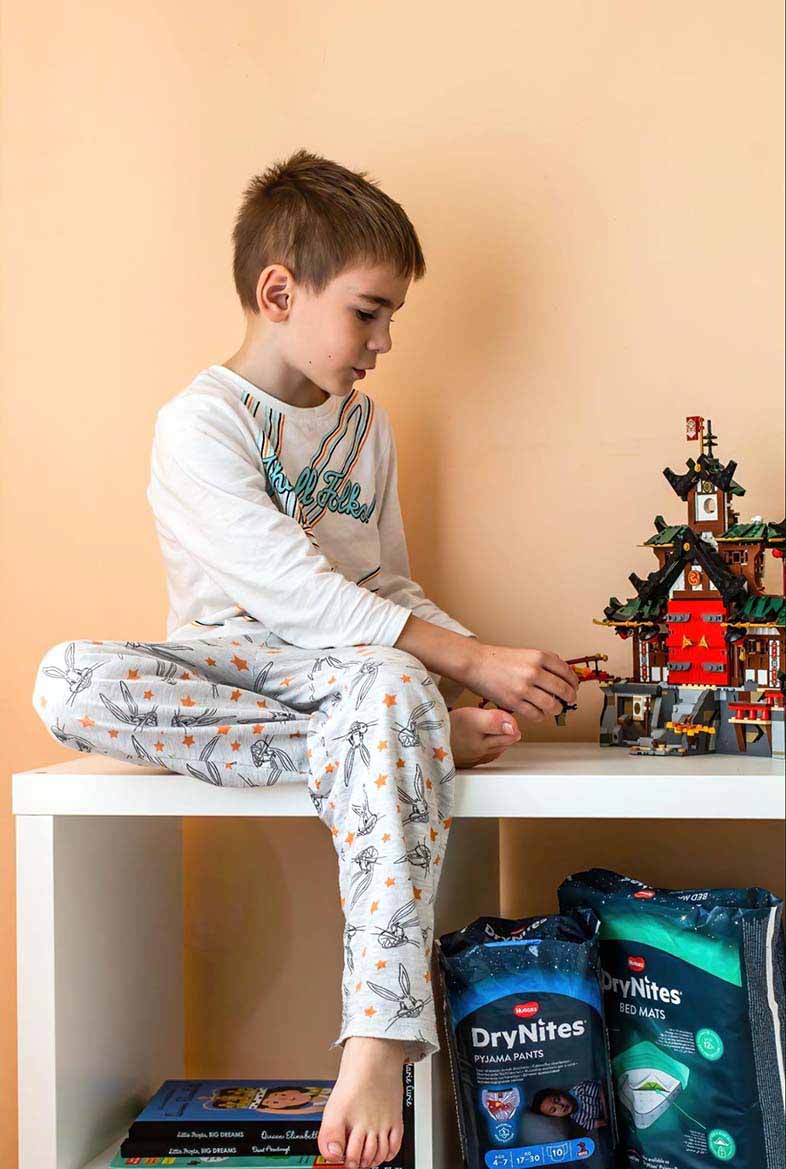
Once you’ve checked out there’s no underlying physical cause behind your child’s night-time bedwetting, together you can work out what the triggers could be.
A change in their routine and big life events such as starting school can cause bedwetting regression. The more tired your child gets, the harder it can be for them to wake up when their bladder needs emptying at night.
How can I help my child with bedwetting?
Alina Lynden, an expert from ERIC, the national charity dedicated to improving children's bowel and bladder health, suggests the following:
Talk to your child about how common bedwetting is and reassure them that they haven’t done anything wrong.
Explain there are ways they can keep their bladder working how it should during the day and at night.

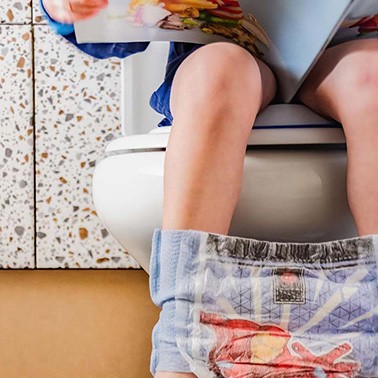
Try to have a regular, calm bedtime routine which includes a trip to the loo just before the lights go out.
Make sure they are having enough to drink during the school day. Stop drinking at least an hour before bedtime.
At this age they need between 6-8 drinks of around 175ml each.

What has caused bedwetting regression for my 7-8 year-old?

It can be a lot harder and more upsetting for children to deal with bedwetting as they get older.
How can I help my 7-8 year old with bedwetting?
As your child gets older, there are some other things you can do to help. Alina Lynden of ERIC recommends trying some of the following approaches.
Try to make sure your child doesn’t feel they can’t do all the same things their friends can like school camp and sleepovers.
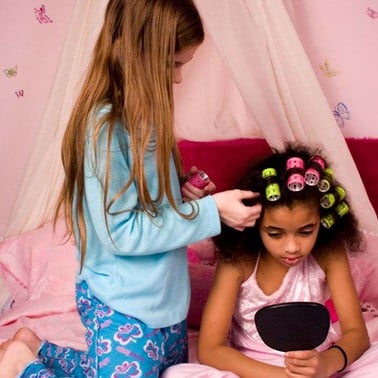
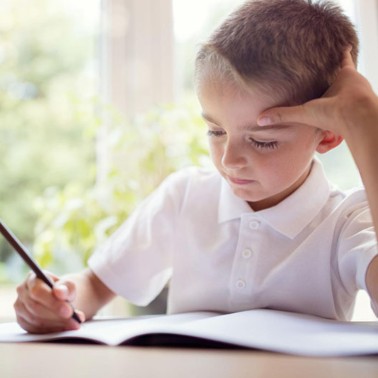
Help them to understand why drinking plenty during the school day will give their bladder plenty of practice in filling and emptying properly.
It will also help their bladder to hold more wee when they’re asleep.
At this age they need between 6-8 drinks of around 200 ml each.
Some children find that fizzy drinks and ones containing caffeine can irritate their bladder and make bedwetting worse. It’s best that they avoid these.
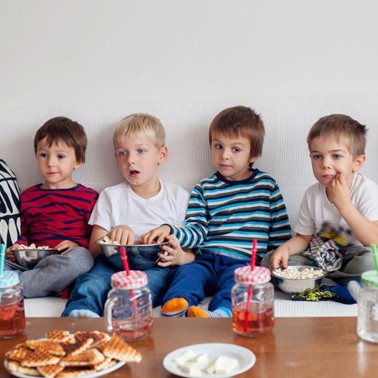
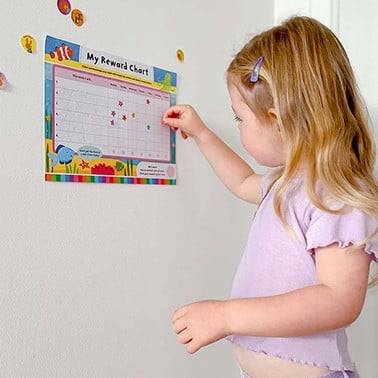
Reward each step along the way— getting the drinking right, doing a bedtime wee, using the toilet at night to help keep them positive.
Just remember: You’re not rewarding them for having a dry night, as this isn’t something they can control. Instead, you’re rewarding them for keeping to their routine.
Why is my teenager experiencing bedwetting regression?
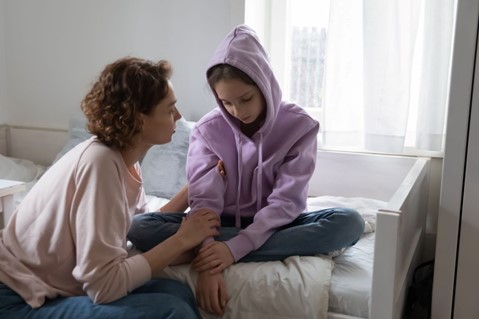
Bedwetting and bedwetting regression gets much less common as children get older, affecting 1 in 75 teenagers.
Exam stress, hormonal changes and friendship issues – there can be an awful lot going on in the life of your teenager and this can sometimes trigger instances of bedwetting.
How can I support my older child with bedwetting?
As children get older and into their teens, it can be harder to talk to them about things like bedwetting regression. They may secretly worry about it and blame themselves.
Hiding wet sheets and going into denial is a common way for young people to cope with the embarrassment and confusion they feel. This is completely normal behaviour, and you can help them through it by being patient and understanding.
There are lots of ways to help and support them, including the following:
Encourage them to keep a wet versus dry night diary.
This can help your child to spot any patterns and triggers. Eating later than normal for example, or not drinking as much in the daytime.
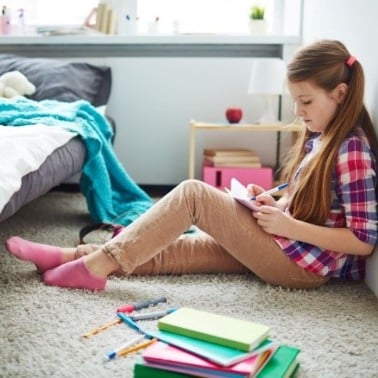
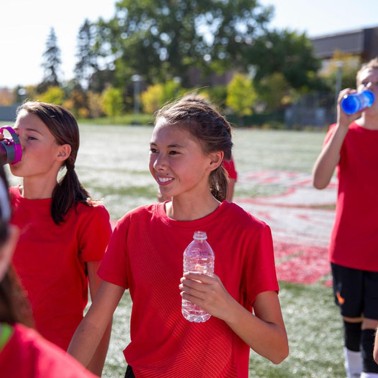
Teenage girls should be drinking 1.5–2 litres and boys should be having 2–2.5 litres of water-based fluid.
They will need more if they’re doing lots of exercise or the weather is hot.
It’s important they try to avoid looking at their phone or playing computer games in the hour before they go to sleep.
The blue light from these devices can interrupt the natural release of hormones which help us to get a good night’s sleep.
Suggest they unwind with a book or listen to music with the lights turned low instead.
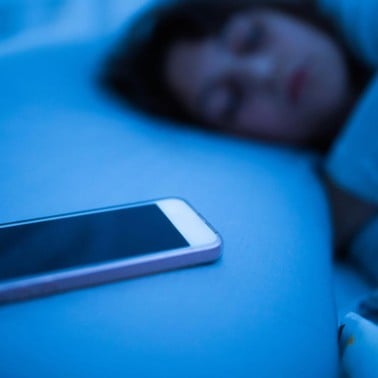

Book an appointment with your doctor so they can be assessed, and you can talk about possible treatments.
Can I prevent bedwetting regression?
Helping your child to get into good habits around drinking plenty, not getting constipated and following a bedtime routine can help to avoid night-time wetting accidents.
Bedwetting happens when they’re asleep so it’s outside of their conscious control. Support your child not to blame themselves if they wet the bed and get disheartened if it happens.
If they’re wet most nights and it’s making them feel upset, talk to your doctor so they can check your child over for any underlying medical conditions and explore treatment options.
How you can help your child with bedwetting regressions

If your child starts to wet the bed again, reassure them they’re not the only one this happens to and it’s nothing they’ve done wrong. It can be frustrating and stressful to deal with especially for older children, so talk to them about and find out how they’re feeling.
Try to be patient and understanding. The fact that they can be dry is a positive sign and something to focus on. It also doesn’t mean they need to miss out on doing things like camps and sleepovers with their friends.
Whilst you’re working together on simple lifestyle changes (drinking and bedtime routine for example) and exploring treatment options, DryNites® Pyjama Pants are a discreet option to help them manage bedwetting.
Even if it’s ‘just in case’, it will give your child the confidence to go to sleep worry-free, stay dry at night, and wake up awesome, ready to face the next day.



 your parenting partner
your parenting partner